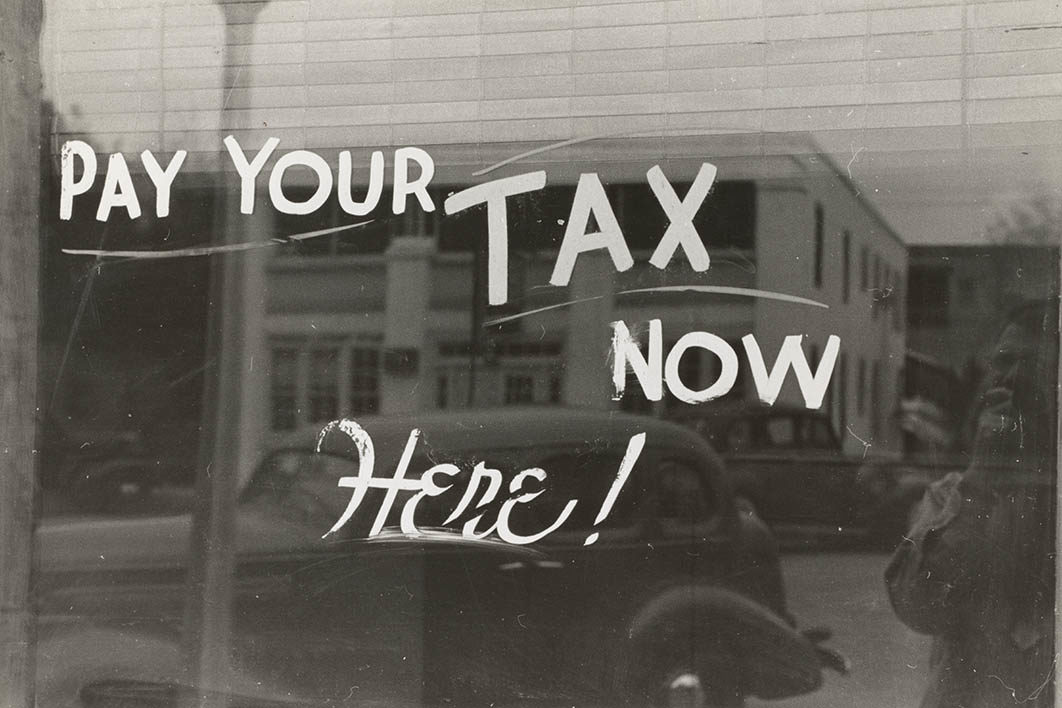
Today, we are taxed on almost everything we do. We have an income tax, capital gains tax, property tax, sales tax, vehicle fees (basically a tax), gas tax, etc. Look at your phone bill, utilities bill, etc., there are taxes and fees applied to almost everything you buy or sell. With governments running record levels of deficits and total government debt at all-time highs you can expect tax rates, and therefore the taxes you owe, to increase over time.
However, the IRS still has a favorable tax section that you can use to avoid paying taxes when you sell your home. I will go over the basics to this tax section known as Internal Revenue Code section 121 (the “Principal Residence Exclusion”) and how to make sure you qualify to use it when you sell your home.
The Principal Residence Exclusion: You can exclude up to $250,000 ($500,000 if married) of gain from the sale of your home
The Principal Residence Exclusion allows a taxpayer to exclude up to $250,000 ($500,000 for married couples who file a joint return) of the gain from the sale of a property owned and used as a principal residence for at least two of the five years before the sale. Here are the three important elements of this tax section to make sure you meet:
- You must be selling your “Personal Residence.” The tax regulations say that the home a taxpayer uses and lives in for the majority of the time during the year will be considered his or her principal residence for that year. The rules define the term residence fairly broadly and it may include things like a houseboat or house trailer.
- You must live in your principal residence for at least “two of the five years before the sale.” The ownership and use requirements are based on the total number of days or months you own and use the property as a principal residence during the five-year period ending on the date you sale the property. The gain on the sale of a home is excluded from income only if, during that five-year period, the you own and use the property as a principal residence for periods totaling two years or more. The two year period does not need to be concurrent, so if you live in a house for a year, rent it out for three years, and then live in it for another year, then you still meet the two year requirement. If for some reason you cannot meet the two years you should talk to your tax accountant and see if one of the exceptions to this two year requirement apply to your specific situation.
- You can exclude up to $250,000/$500,000 of the gain. The simple analysis is if you are single you can exclude $250,000 in gains and if you are married and file a joint return you can exclude $500,000 in gains from the sale of your home. However, if you are newly married, newly divorced, or your spouse dies you should get some tax advice on what this means for your specific situation. Also, the costs of home improvements, such as the cost to build a pool in the backyard, can increase your cost basis in your home and reduce the gain from the sale of your home. By including these home improvements in your calculation your $250,000/$500,000 exclusion goes further. Closing costs reduce the gain so remember to include those when calculating your gain on the sale of your home.
You can also avoid paying taxes on rental properties through a “1031 Exchange” and I will discuss that in more detail soon. However, the benefits to the Principal Residence Exclusion are better because the gain on the sale of a house is permanently excluded, rather than deferred, and you do not have to purchase a replacement home to exclude the gain.
A homeowner can claim the full exclusion only once every two years.
Do Not Miss this Opportunity to Avoid Paying Taxes on the Sale of your Home
If you fail to meet the Principal Residence Exclusion requirements outlined above then the gains on the sale of your house are likely taxable, and will be subject to short-term or long-term capital gains. Short-term capital gains tax rates typically apply if you owned the home for less than a year and will be equal to your ordinary income tax rate. Long-term capital gains tax rates should apply if you owned the home for more than a year and could range from 0%-20%.
I have used the Principal Residence Exclusion twice during my lifetime and it has kept me from paying over $100,000 in capital gain taxes on the sale of two homes. I suggest you involve your tax accountant early on if you are thinking about selling your home to make sure you are meeting the necessary requirements to benefit from this exclusion and, if you are near the $250,000 or $500,000 limit (some people living in large coastal cities may have to worry about it), to make sure you are accurately reducing the size of the gain on your home by including the costs of qualifying home improvements and closing costs to your cost basis.

Leave a Reply